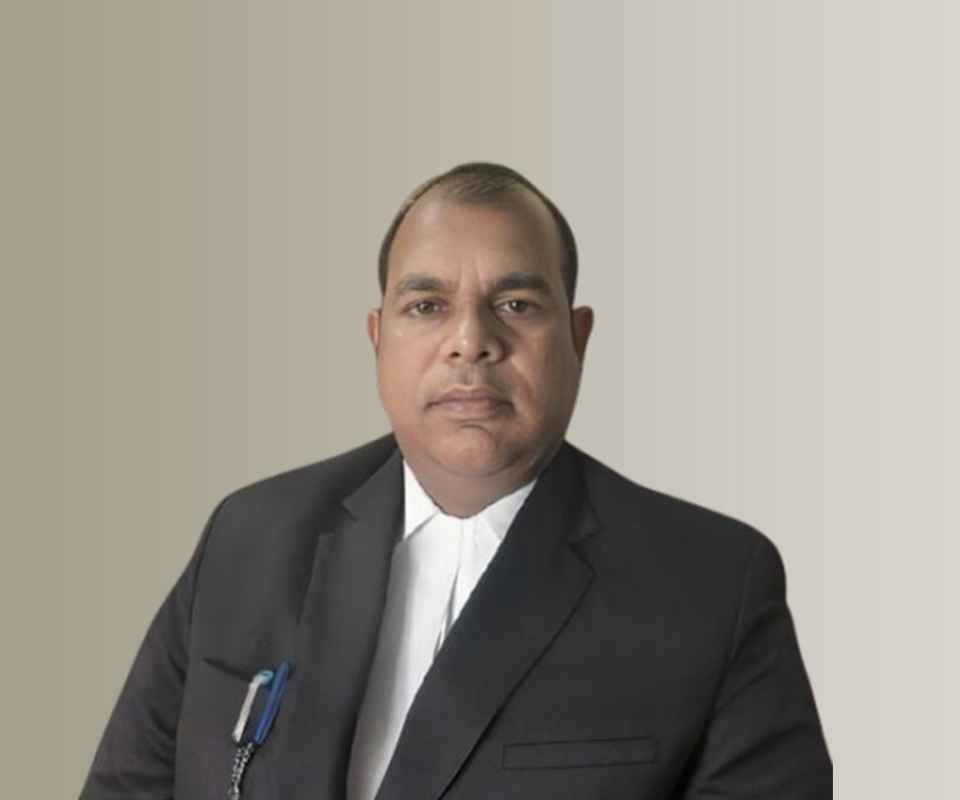Answer By law4u team
Road accidents can cause severe physical, emotional, and financial harm to victims. In many countries, the government has introduced specific schemes and compensation programs to support the victims of road accidents, helping them recover and rebuild their lives. These programs provide financial assistance for medical treatment, rehabilitation, and lost wages, among other expenses.
Government Schemes for Road Accident Victims
Victim Compensation Schemes:
Several countries and regions have established victim compensation schemes aimed at providing financial assistance to road accident victims. These schemes typically cover medical expenses, lost wages, and funeral expenses in the case of fatalities. The eligibility and amount of compensation vary depending on the severity of the accident and the region.
Example in India:
In India, the Motor Vehicles Act, 1988 allows for compensation to road accident victims through a government-run scheme. Victims can apply for compensation via the Motor Accidents Claims Tribunal (MACT). Additionally, the Pradhan Mantri Suraksha Bima Yojana (PMSBY) provides accidental insurance to individuals, which can be used in case of injury or death in a road accident.
No-Fault Insurance (or No-Fault Compensation):
In countries or regions with a no-fault insurance system, road accident victims can receive compensation for injuries regardless of who was at fault for the accident. This compensation generally covers medical expenses and lost wages. No-fault insurance often applies to both motor vehicle accidents and injuries caused by other forms of transportation.
Example in the USA:
States like New York and Michigan have no-fault insurance laws, where road accident victims can directly claim compensation from their own insurance provider, regardless of fault.
Social Welfare Programs:
Some government programs are designed to assist accident victims by offering financial support for those unable to work due to injuries. These programs may offer payments for lost income, medical care, or rehabilitation. For example, in countries with universal healthcare systems, accident victims may be able to receive medical treatment without additional costs through the national health system.
Example in the UK:
The National Health Service (NHS) covers medical expenses for road accident victims, and individuals can apply for support if they are unable to work due to their injuries. The Road Traffic Accident Injury Compensation Scheme offers financial assistance for injuries caused by uninsured or unidentified drivers.
Insurance Schemes for Uninsured Drivers:
In cases where the at-fault driver is uninsured or underinsured, victims may still be eligible for compensation through government schemes or special funds set up for such instances. These programs ensure that victims are not left without recourse if the responsible party cannot pay for damages.
Example in India:
The General Insurance Corporation of India (GIC) provides a scheme to compensate road accident victims if the at-fault driver is uninsured or has insufficient coverage.
State-Specific or Local Schemes:
Many regions or states offer localized schemes or financial aid programs to assist road accident victims. These may be administered by local government authorities or through non-profit organizations working in partnership with the government. Such programs might also cover additional aspects such as mental health counseling or legal aid.
Accident Relief Funds:
In some countries, the government provides accident relief funds specifically for serious road accidents that result in severe injuries or death. These funds help families and individuals with immediate financial relief and long-term recovery.
Example in India:
The State Road Transport Corporation in many Indian states provides financial assistance to accident victims of public transport vehicles. Additionally, accident relief funds from the State Disaster Relief Fund (SDRF) can be applied for in some cases of severe accidents.
How to Access Government Schemes for Road Accident Victims?
Report the Accident:
Victims or their families must report the accident to the local authorities or police. This is an essential step to initiate the compensation process. A police report will be needed to file claims with government or insurance agencies.
File a Claim with the Appropriate Authority:
Once the accident has been reported, victims can file a claim with the relevant authority (such as a Motor Accidents Claims Tribunal (MACT) or insurance provider). If the at-fault driver is uninsured, claims may be filed through government schemes designed to assist uninsured victims.
Submit Required Documentation:
To process the claim, the victim will need to provide medical records, proof of loss of income (if applicable), accident reports, and any other required documentation. This documentation will help prove the extent of injuries and losses.
Consult a Lawyer (if Necessary):
If navigating the compensation process is complex, or if the victim is unsure of how to proceed, it is advisable to consult a lawyer who specializes in road accident claims. A lawyer can assist in filing claims and pursuing legal action if needed.
Follow Up on Your Claim:
After filing the claim, it’s important to stay in contact with the relevant authorities or insurance companies to follow up on the claim’s status. This ensures that the process moves forward and that all compensation owed is received.
Example
In the case of a road accident where a person sustains serious injuries and the at-fault driver is uninsured, the victim could:
- Report the accident to the police and ensure a police report is filed.
- File a claim with their own insurance company if they have Uninsured Motorist Coverage (UM).
- Apply for compensation through the Motor Accidents Claims Tribunal (MACT) if in India, or similar authorities in their jurisdiction.
- If necessary, seek financial aid from a State Accident Relief Fund or other government programs designed to assist victims.







